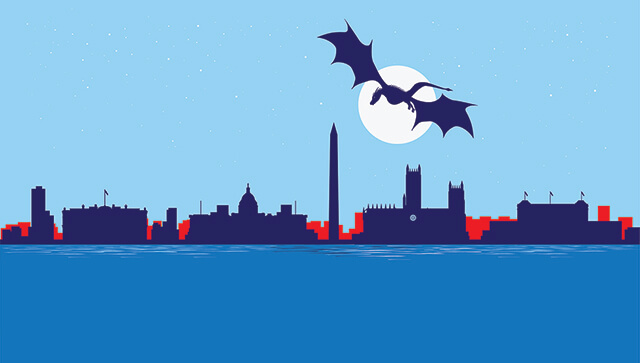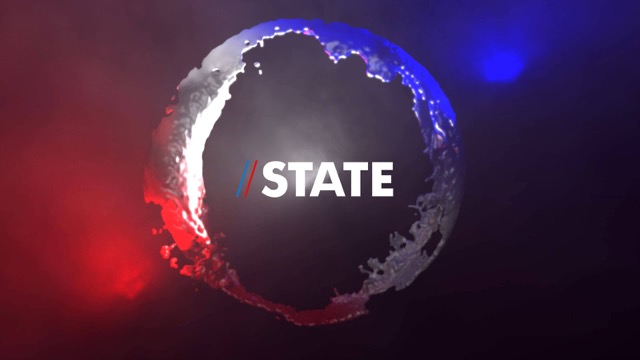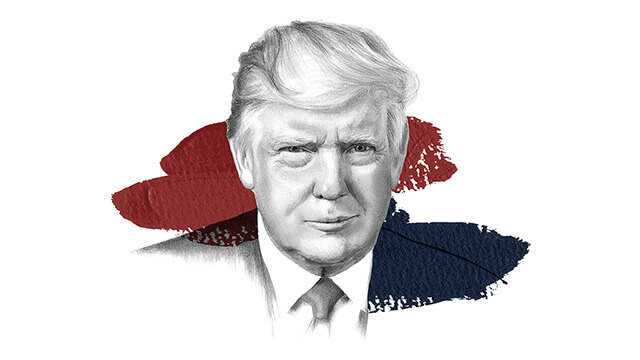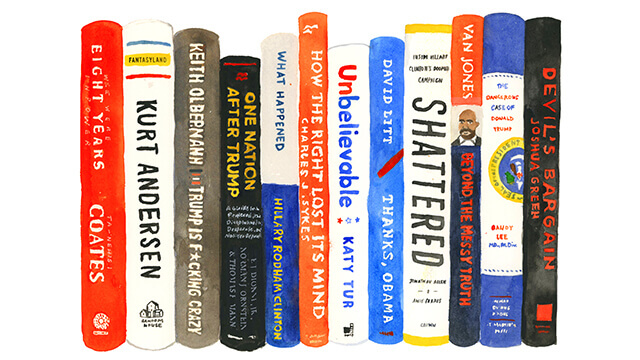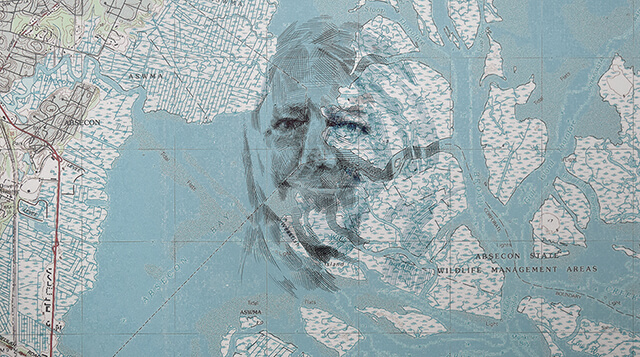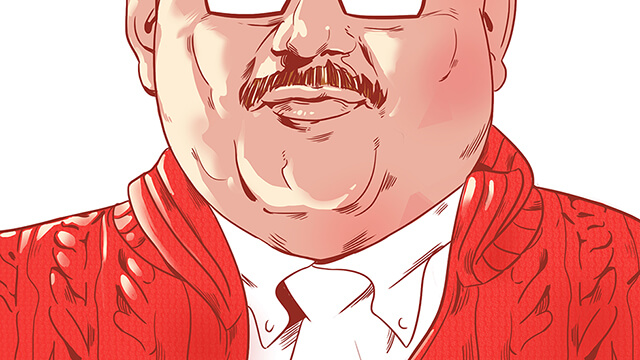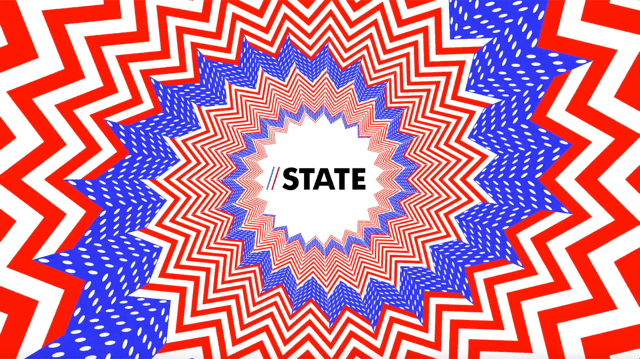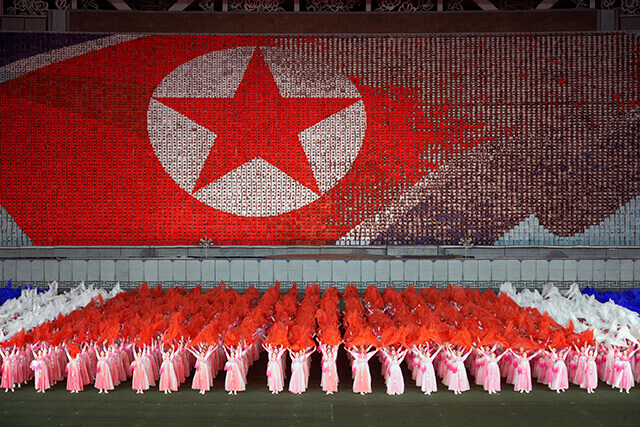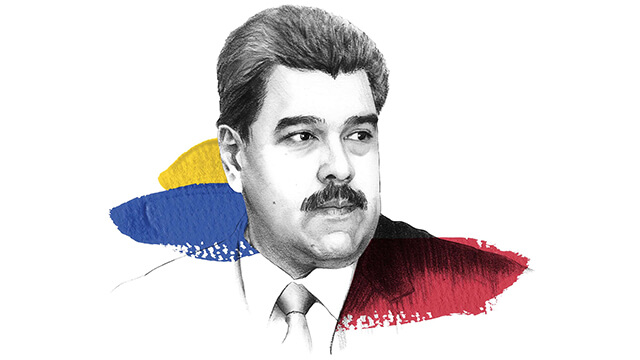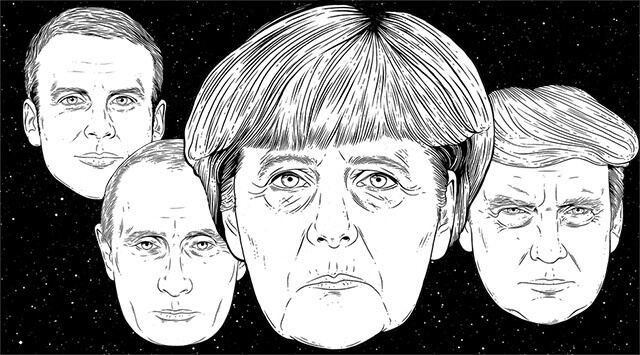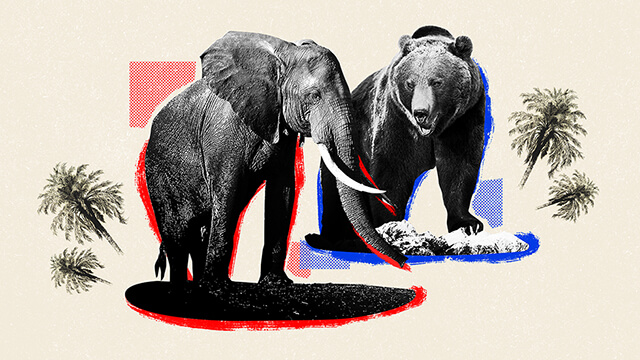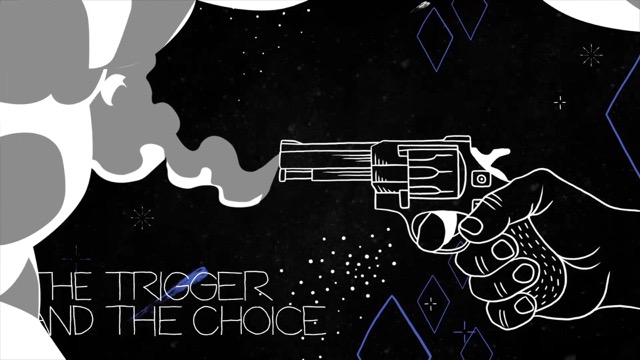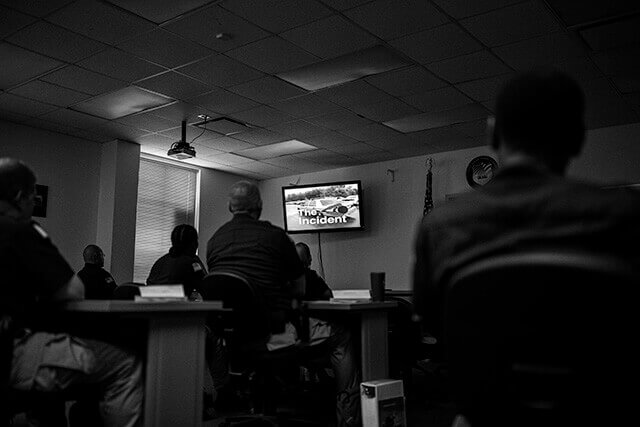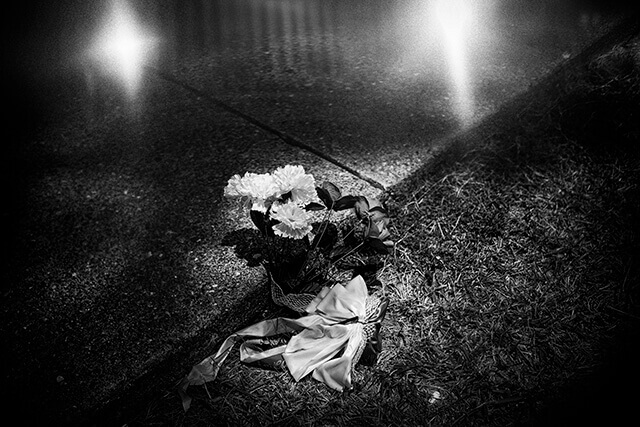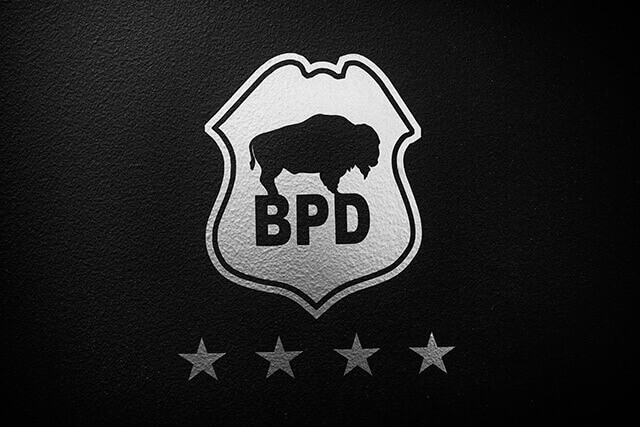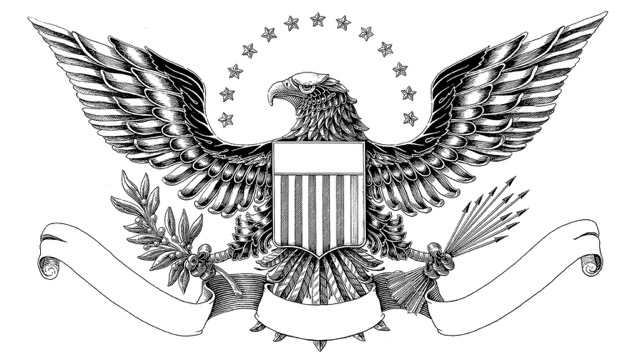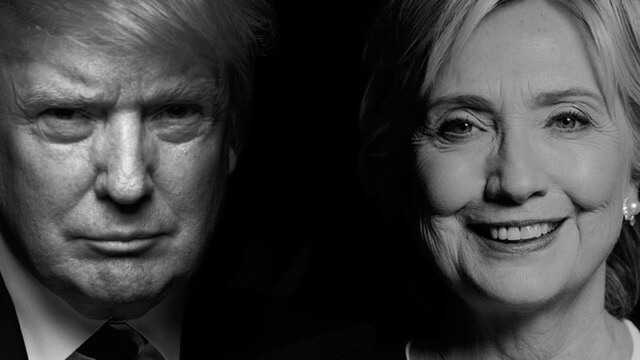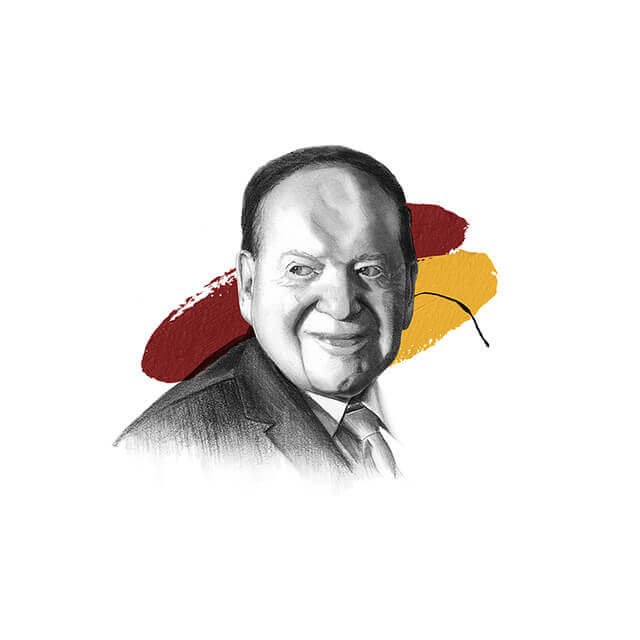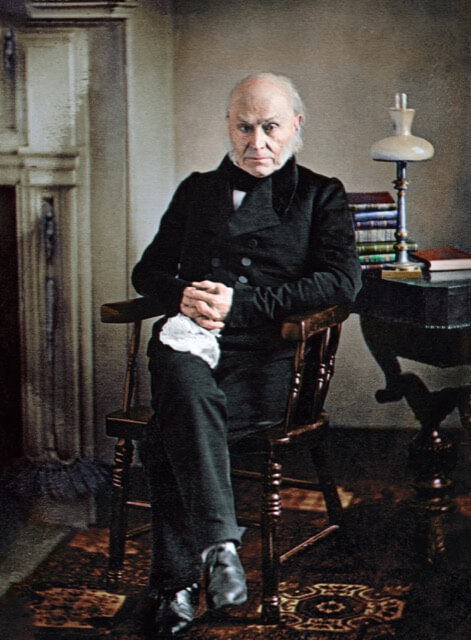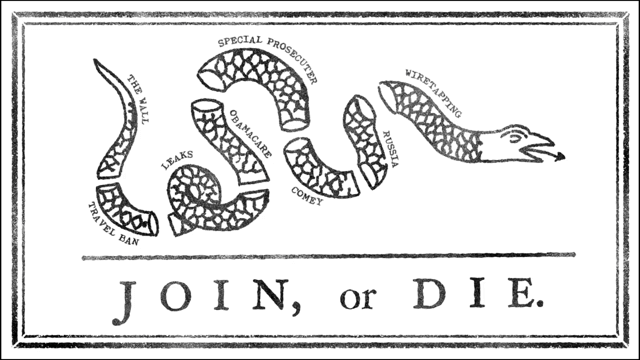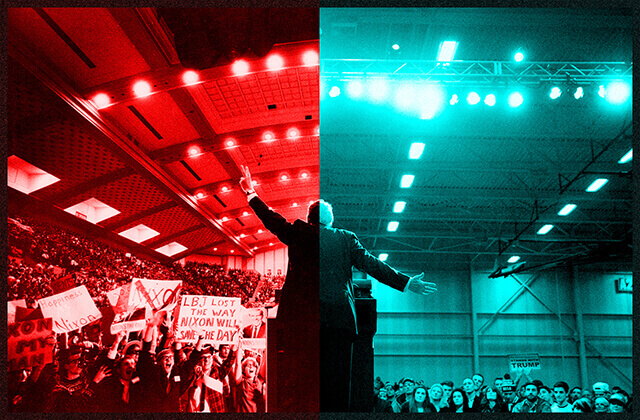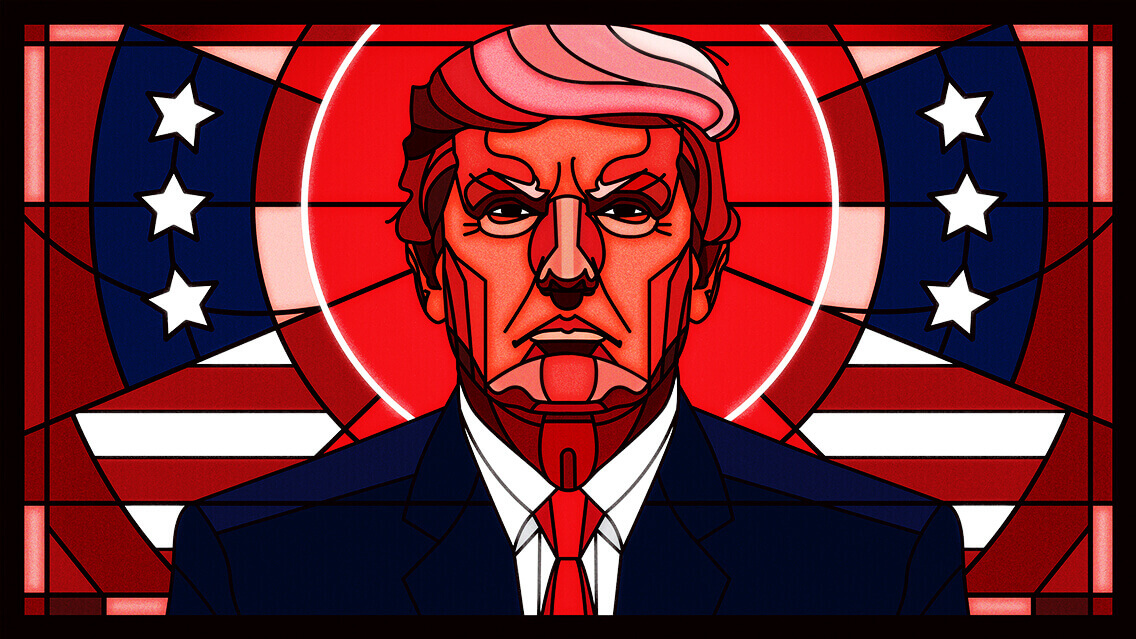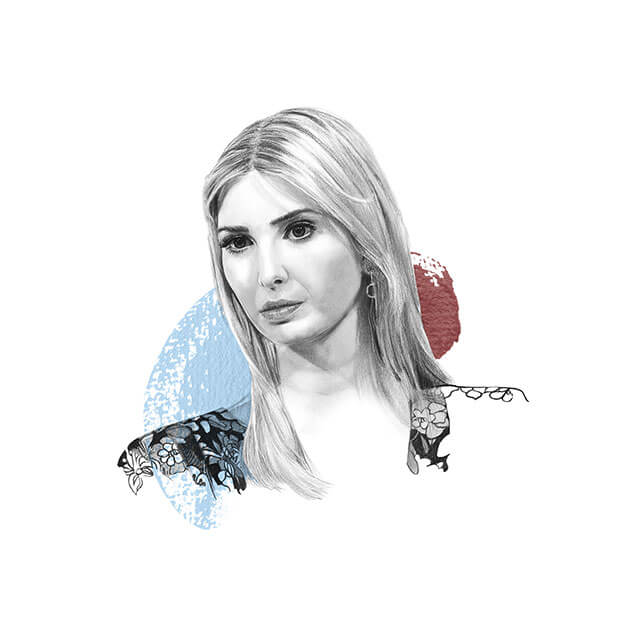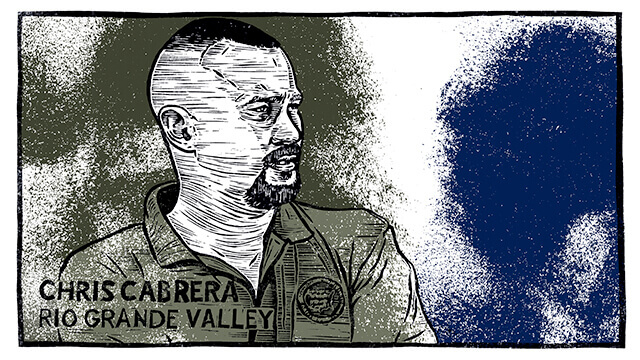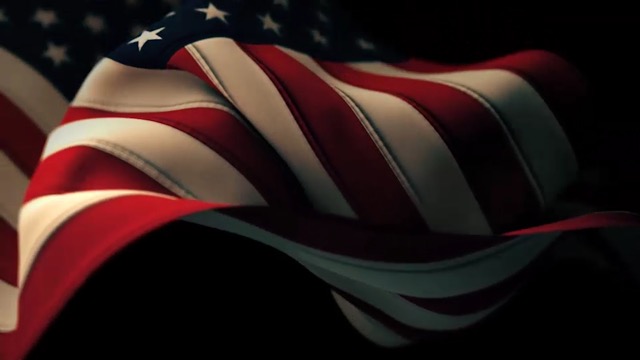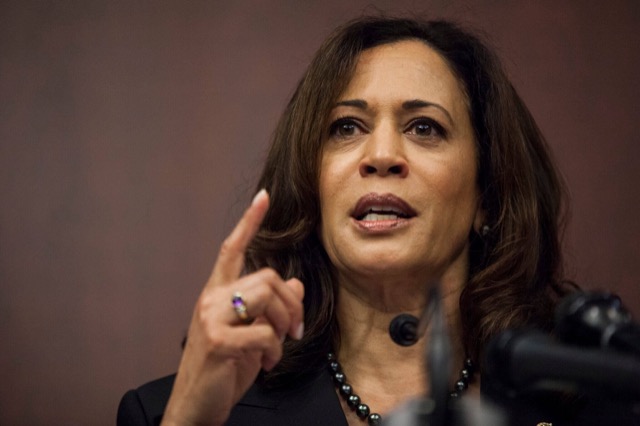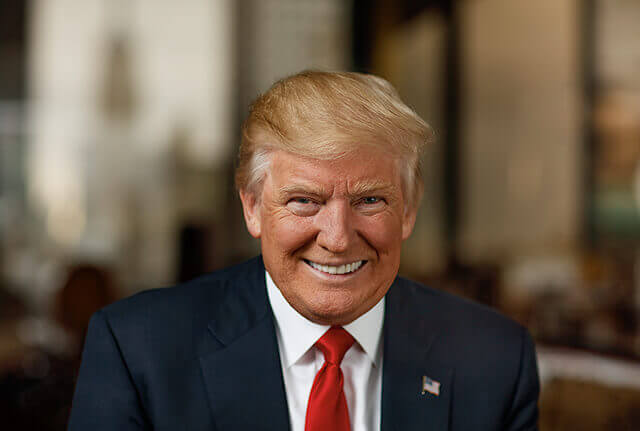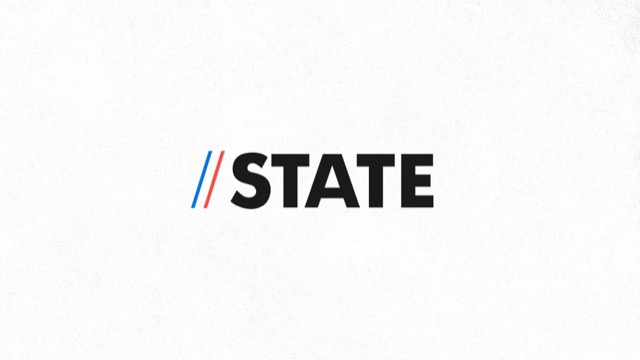“Game of Thrones” is increasingly difficult to escape, thanks to the web traffic it reliably generates. And the abundant coverage of the HBO series highlights conflicting impulses in the current relationship between pop culture and politics.
Many embrace George R.R. Martin’s creation as a welcome respite from reality, with its fire-breathing dragons, army of the dead and densely populated drama. On the other hand, there’s a temptation – and thanks to the show’s popularity, even an incentive – to identify real-world parallels in an age where many choose to filter everything, including their pastimes, through the prism of partisan politics.
At first blush, dragging “Thrones” into that arena looks silly, and at worst cynical. With the series attracting more than 10 million viewers a week (a huge audience, especially by pay TV standards), it’s one of those rare programs that provide a kind of cultural shorthand – among the handful of “water-cooler shows” that still exist.
Yet this season, “Thrones” has gone beyond its mix of sex and all the violence that pay cable allows to contemplate provocative themes – including the value of diplomacy and questions of morality in manipulating the levers of power. Small wonder that some have used jockeying for the Iron Throne as a jumping-off point to address foreign and domestic politics, until a debate over whether Daenerys (played by Emilia Clarke) should deploy dragons in battle is processed as possessing here-and-now implications.
For those broaching the subject, there is, surely, a degree of calculation. If “Trump” and “Game of Thrones” are both optimizing search-engine terms, why not put the two taste treats in one?
Still, “Thrones” is so enticing in part because it operates on multiple levels, from the micro of its relationships to the macro of forging alliances and plotting strategy when seeking geopolitical advantage.
“It is a testament to ‘Game of Thrones’s’ brilliance that it is both a window to the supernatural and a mirror to reality, often in the same episode,” Newsweek wrote in a Season 6 recap titled “Sunday’s Game of Thrones Tackled Presidential Politics.”
Admittedly, such comparisons can say as much about the beholder as the show. But for those preoccupied with politics, it’s not that far-fetched to equate unleashing dragons to scorched-earth (literally, in this case) military tactics, provided that one doesn’t get too carried away with the metaphor.
New York Times columnist Ross Douthat was guilty of that, arguably, when he offered theories on why liberals might be drawn to books and a TV show representing a genre that “tends toward romanticism, nostalgia, and other dangerously reactionary sentiments.” On Twitter, Douthat drew a connection between the dragon queen turning her beasts loose on an opposing army and dropping the A-bomb during World War II.
Douthat’s writing triggered a response in Esquire from Corey Atad, who suggested that “Game of Thrones” is political without being inherently conservative or liberal. As Atad rightly noted, the show happens to be thriving at a moment “when everything – even fantasy shows about sex and dragons – is dragged into politics.”
At its core, Douthat’s theory – that liberals who enjoy “Game of Thrones” are engaging in a form of subtle hypocrisy – is pretty inane. To accept it would mean that a fan of the “Dirty Harry” movies, for example, must be inwardly sympathetic to the idea that police should be able to beat and torture suspects.
Sometimes, a dragon really is just a dragon.
For his part, Martin – who began writing the books in 1991 – told Time magazine, “I live in these times, and it’s inevitable that they’re going to have some influence on me. But during the process of writing these, I probably would have been much more immersed in the politics of the Middle Ages and the Crusades and the Wars of the Roses and the Hundred Years' War.”
Producers D.B. Weiss and David Benioff, who oversee the series, obviously work closer to the present. But because of the massive logistics of the production, it’s worth noting that they have to write far in advance as well.
Clearly, the “Game of Thrones” phenomenon invites analysis from every conceivable angle, sometimes straining logic to prolong the conversation. In a media climate where clicks are currency, anything worth doing is usually worth overdoing.
Still, the show’s fundamental philosophy was perhaps best expressed by the ruthless Cersei Lannister (Lena Headey) during the very first season: “When you play the game of thrones, you win, or you die. There is no middle ground.”
Cersei was a woman of her time, but given the polarized nature of our politics, she’d fit in pretty well in this one too.

